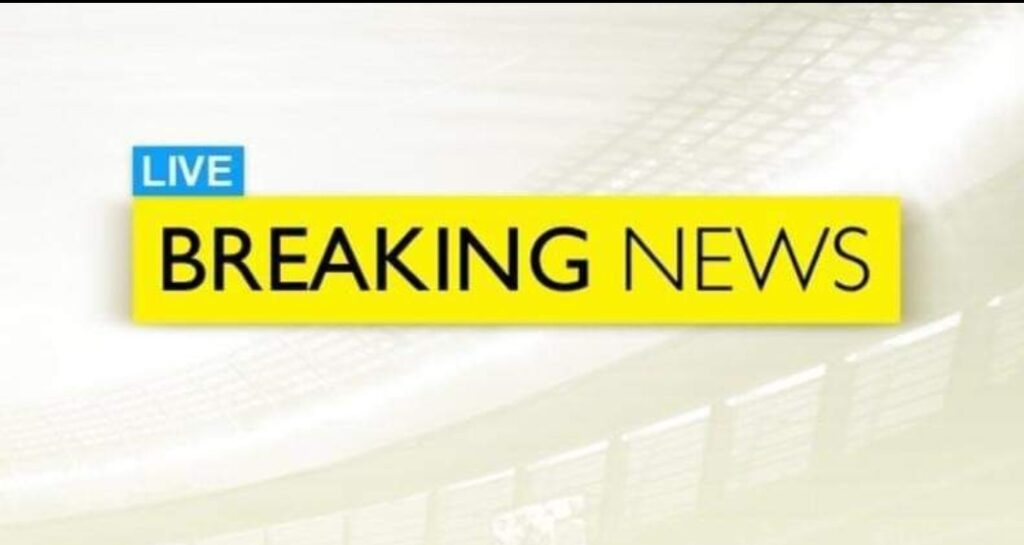In a surprising and candid statement today, Kylian Mbappé, the captain of the French national football team, revealed that his international teammate, who is valued at £80 million, is set to make a move to Manchester United by the summer. Despite Mbappé’s personal recommendation to his teammate to avoid such a transfer, the player has chosen to accept the offer from the English club. Mbappé openly shared his frustration, saying, “Despite all the advice I gave him against joining Manchester United, he still decided to take up their offer. As the captain of the national team, I have to say that I’m not really happy with his choice. This is not the kind of decision we make as teammates.”
Mbappé’s comments suggest a deep sense of disappointment, particularly given his status as the leader of the French national squad. His words also shed light on the internal dynamics of football transfers, which are often driven by personal relationships and professional advice. Mbappé’s dissatisfaction is particularly striking because he seems to have invested considerable effort in advising his teammate against making the move to Manchester United, a club currently undergoing significant changes in its managerial and squad structure.
This revelation has sparked discussions about the growing tensions in the football world, especially when it comes to high-profile transfers. With Manchester United actively pursuing top-tier talent, the signing of a French international player would be seen as another major addition to their roster. However, the deal has clearly caused some friction among the French team, as evidenced by Mbappé’s remarks. It raises questions about the influence of a player’s teammates and how their personal advice can impact a professional decision that is ultimately about career progression.
The transfer market has always been a stage for intense negotiations and rivalries, but Mbappé’s reaction suggests that sometimes, decisions are not only about financial gain or career ambitions but also about maintaining relationships and adhering to the ethos of camaraderie within the team. His public disappointment reveals that football, despite its glamorous appeal, is still rooted in emotional connections and loyalty, both to the national team and to one’s fellow players. Mbappé’s frustration might stem from a belief that the potential move to Manchester United could disrupt the harmony and focus of the French squad, especially if it involves a high-profile player whose presence and performance are pivotal to the team’s success.
As the summer transfer window approaches, the tension surrounding this potential transfer will likely continue to grow, and it remains to be seen how this situation will unfold both on and off the pitch.
